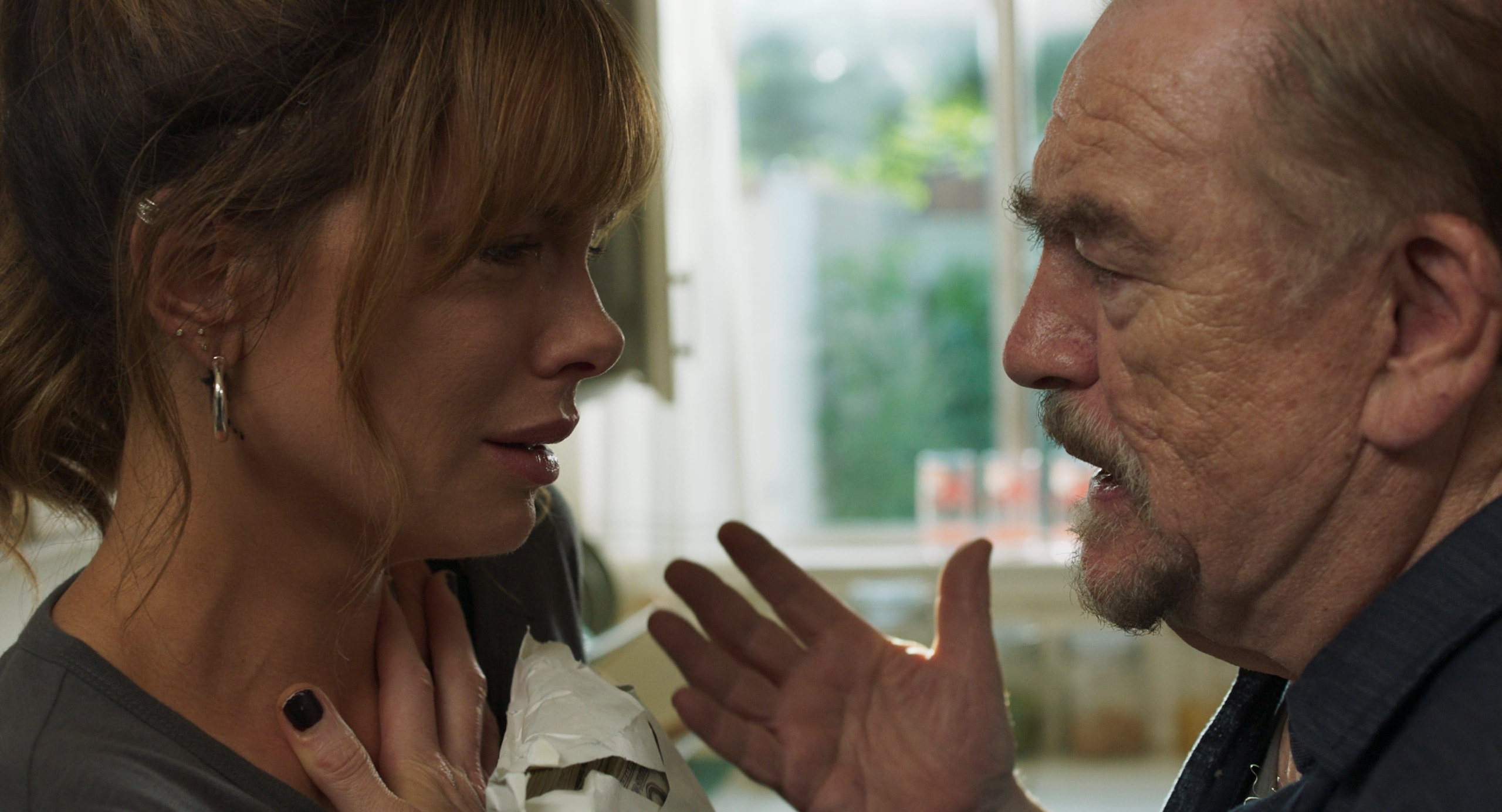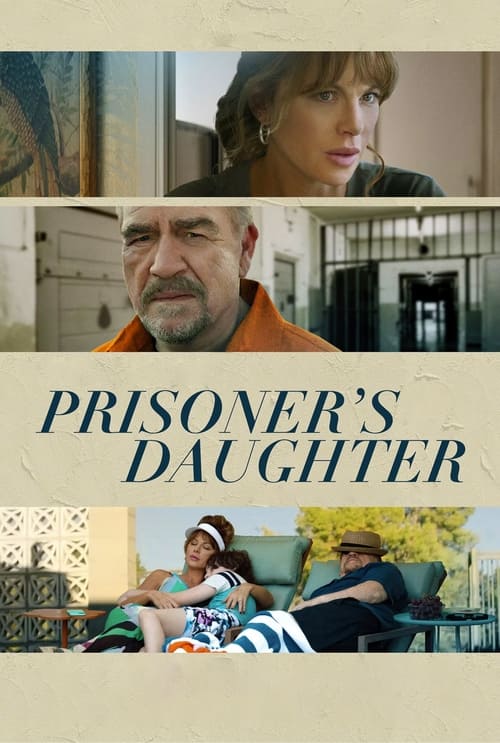Released from prison with terminal cancer, Max tries to reconnect with his estranged daughter and the grandson he’s never known. When his daughter’s abusive, drug-addicted ex-husband reappears, Max’s violent past comes back to haunt them all.
Prisoner’s Daughter – Film Review
Published July 18, 2023

One cannot deny the incredible acting prowess of the cast. Brian Cox delivers a solid performance as the ailing prisoner, showcasing his ability to convey a range of emotions with authenticity. Kate Beckinsale brings her usual charm and grace to the role of the estranged daughter, while Ernie Hudson adds a touch of gravitas to his character. However, despite their talent, the characters they portray fail to truly captivate the audience, and many of them are not given sufficient material to shine.
Prisoner’s Daughter also falls short in terms of its presentation. The film has a cheap and lackluster appearance, which may be attributed to Catherine Hardwicke’s direction. Hardwicke, infamous for her involvement in the widely panned Twilight franchise, fails to elevate the production value of this film. The lack of visual flair and creativity leaves the viewer yearning for more.
One of the film’s major flaws is its tendency to feel overstuffed. The narrative becomes convoluted at times, and the storyline suffers from a lack of cohesion. The pacing becomes jarring as the plot tries to encompass various subplots and character arcs. However, credit must be given to the editing work by Glen Scantlebury and Stephanie Kaznocha, who manage to salvage some coherence and maintain a certain level of engagement throughout the film.
Despite its shortcomings, Prisoner’s Daughter does manage to evoke an emotional response in its third act. The film revolves around a man’s desperate attempt to reconnect with his daughter after being diagnosed with pancreatic cancer. In this climactic portion, the movie successfully tugs at the heartstrings, exploring the complexities of familial relationships and the regrets that accompany missed opportunities. It is in these moments that the film truly shines, creating a genuine connection with the audience and evoking empathy for the characters’ struggles.
However, it is disappointing that the emotional depth and resonance found in the third act are not consistently present throughout the entire film. The narrative could have benefited from a more focused approach, maintaining the emotional intensity that is established in the later stages. Instead, the film feels uneven, leaving viewers yearning for a more consistent and emotionally impactful experience.
Prisoner’s Daughter boasts an exceptional cast that delivers commendable performances, but the characters they inhabit lack depth and development. The film suffers from a visually uninspiring presentation, which may be attributed to Catherine Hardwicke’s direction. The narrative becomes muddled and overstuffed, though the editing work manages to salvage some coherence. The emotional impact of the film is primarily felt in the third act, highlighting the complexities of familial relationships, but it would have been preferable for the entire movie to maintain this level of emotional resonance. Ultimately, Prisoner’s Daughter falls short of its potential and fails to fully capitalize on its promising premise.
